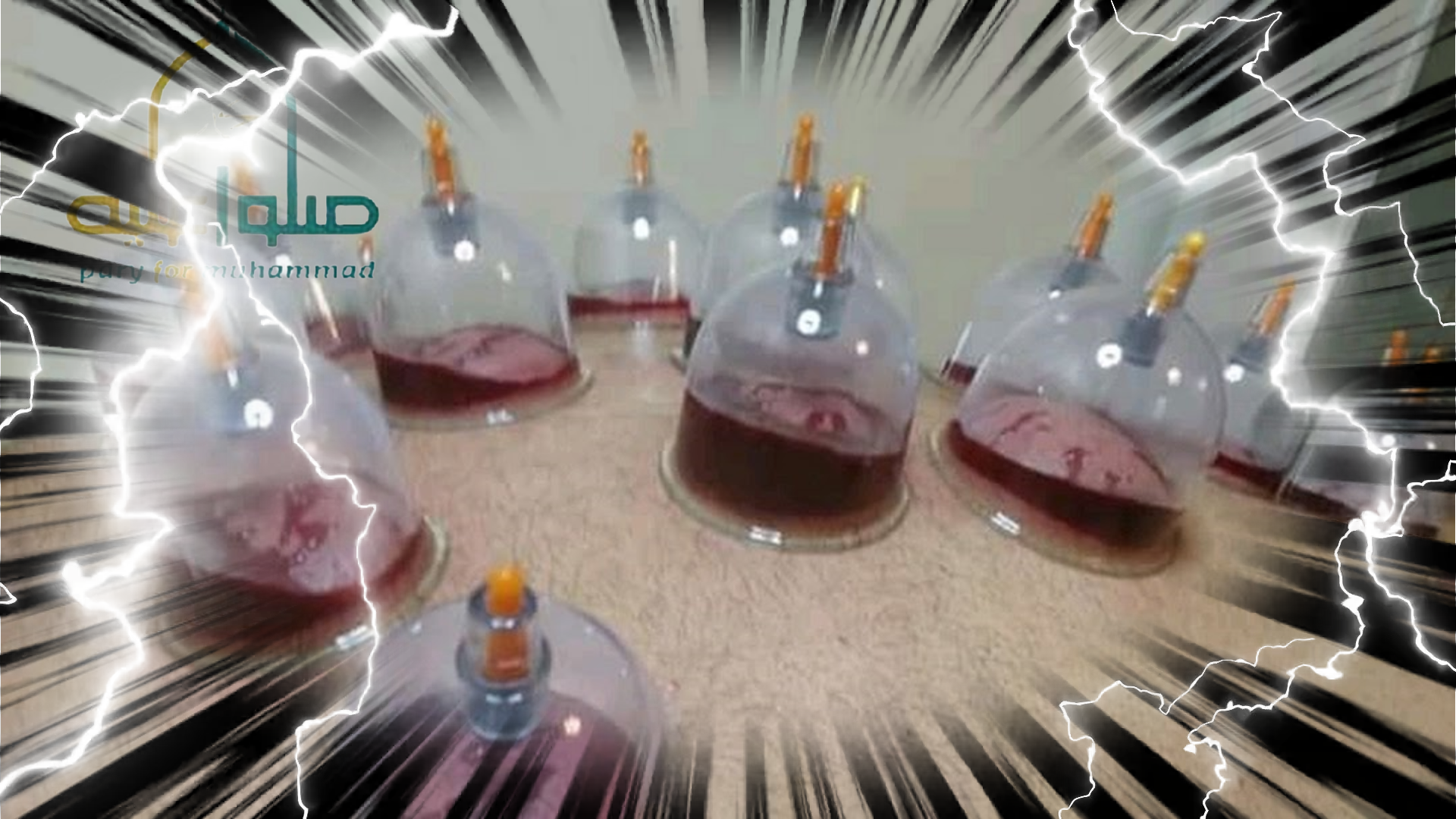Medicine an-Nabawi
also known as Prophetic Medicine, refers to a traditional healing system that originated from the teachings and practices of the Prophet Muhammad (peace and blessings be upon him). This holistic approach to health and well-being encompasses a wide range of nutritional therapies, practices and guidance. Prophetic medicine has been valued and practiced for centuries, and continues to be embraced by individuals seeking natural and alternative ways of healing. In this article, we delve into the principles and benefits of prophetic medicine, while highlighting its enduring importance in today's world.
Foundations of prophetic medicine
The origins of prophetic medicine go back to the teachings of the Prophet, may God bless him and grant him peace, who emphasized the importance of maintaining physical and spiritual health. The remedies and practices advocated by the Prophet were deeply rooted in nature and were based on the healing properties of plants, herbs, various foods, and lifestyle habits. One of the basic principles of prophetic medicine is moderation, balance, and harmony between body, mind, and spirit.
Natural remedies
One of the distinguishing features of prophetic medicine is its focus on natural remedies. The Prophet Muhammad, may God bless him and grant him peace, often used herbs and plants for medicinal purposes, recognizing their therapeutic potential. For example, black seed (Nigella sativa) is widely mentioned in prophetic traditions for its many health benefits, including its anti-inflammatory and antioxidant properties. Honey is another notable example, which has been praised for its antibacterial properties and as a cure for various ailments. Prophetic medicine also includes the use of substances such as dates, olive oil, and camel milk, which have been associated with significant health benefits.
Cupping and cupping
Cupping is a therapeutic technique practiced in prophetic medicine. It involves applying patches to specific areas of the body, which creates a vacuum effect that promotes blood circulation, relieves pain, and removes toxins from the body. And it was said about the Prophet Muhammad, may God bless him and grant him peace: (The best thing you have is cupping). This practice has gained recognition in recent years and is now used by many as a complementary treatment for various conditions.
Dietary guidelines
Medicine Prophet stresses the importance of eating a balanced and nutritious diet. The Prophet Muhammad, peace be upon him, encouraged eating simple, healthy foods while discouraging overeating or overeating. He emphasized the benefits of eating dates, pointing to its nutritional value and digestive properties. The prophetic diet also encourages eating fruits, vegetables, grains, and lean meats, while discouraging eating processed and unhealthy foods.
Life style and hygiene
In addition to dietary therapies and guidelines, Prophetic Medicine highlights the importance of lifestyle choices and hygiene practices. The Prophet Muhammad, may God bless him and grant him peace, called for regular physical activity, stressing the importance of maintaining a healthy body. He stressed the need for personal hygiene and personal hygiene, emphasizing the benefits of ablution and washing in purifying the body and preventing diseases.
relevance in today's world
The enduring importance of Prophetic Medicine lies in its holistic approach to health, with an emphasis on preventive measures, natural remedies, and a balanced lifestyle. In an era dominated by synthetic drugs and invasive therapies, the principles of prophetic medicine provide an alternative perspective on healing. Many individuals, seeking a more holistic and natural approach to health, are turning to prophetic medicine as a complement to traditional medicine.
It is important to note that while Medicine Prophet provides valuable insights and remedies, it is not a substitute for professional medical advice or treatment. It is always advised to consult healthcare professionals for any health concerns.
Conclusion
Medicine of the Prophet, derived from the
teachings and practices of the Prophet, peace be upon him, is a holistic
healing system that focuses on natural remedies, dietary guidelines, lifestyle
choices, and hygiene practices. This ancient tradition continues to be embraced
by individuals seeking alternative methods of healing and well-being. The use
of herbs and botanicals, such as black seed and honey, along with practices
such as cupping and adherence to a balanced diet constitute the basic
principles of prophetic medicine. Its enduring significance lies in its
emphasis on preventative measures and its holistic approach to health, which
resonates with those seeking a more natural, balanced lifestyle. However, it is
important to remember that medicine must be used as a complementary approach
alongside PR


